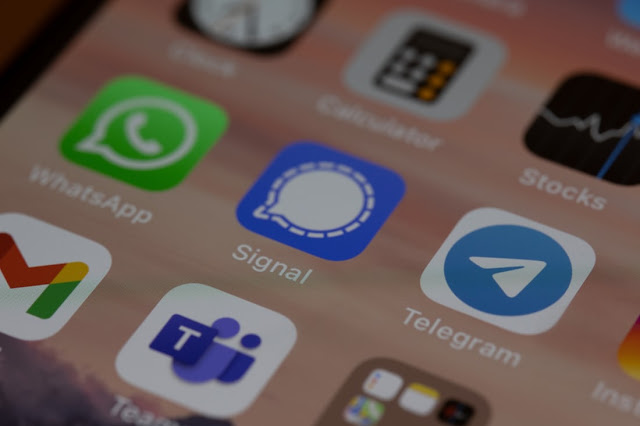Image Credit: Dimitri karastelve
We may all have our favorite apps and services, but loyalty only goes so far. When something suddenly stops working, it doesn't take us long to go scrambling for alternatives. That's just what's been happening with Facebook and its properties lately, and a series of high-profile outages has had the consequence of pushing users to competing services, including Telegram. Now we're seeing the evidence of that exodus, as the Telegram app crosses the 1 billion installs threshold in the Google Play Store.
Facebook's servers have been taking users for a roller-coaster ride this month, going down, up, and back down again within days. In addition to Facebook proper, many of those outages also affected Instagram and WhatsApp. The combined effect of that was to deny millions of users access to their favorite messaging platforms — and Telegram was only too happy to help pick up the slack.
CEO Pavel Durov announced that Telegram managed to pick up some 70 million new users as a result of the shake-up, and that's unsurprisingly led to a lot of new installs of the Telegram app. Late last night the Play Store's listing finally rolled over from 500,000,000 installs to the lofty 1,000,000,000+.
That's a whole lot of phones running Telegram. Of course, it's still got a ways to go to catch up with WhatsApp or Facebook, both members of the 5,000,000,000+ club, but you've gotta have to something to motivate you, right?
from TechCrunch https://ift.tt/3vhJX4Q
via IFTTT

Comments
Post a Comment